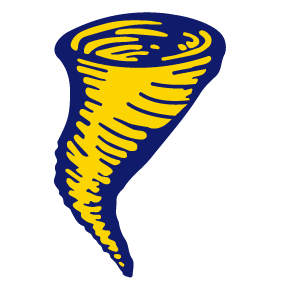Skip to contentFacebook
Home
STAFF
Show submenu for Student Activities
Families
Competencies
School Counseling
Community Service
School Wellness
Library Media Center
Boosters Club
Forms
Bus Information
School Wide Expectations
Program of Studies/Handbooks
Student Handbook
Food Services
Technology
Spotlight on Student Work
Tutor.com
FHS Calendars
School Safety
Show submenu for
